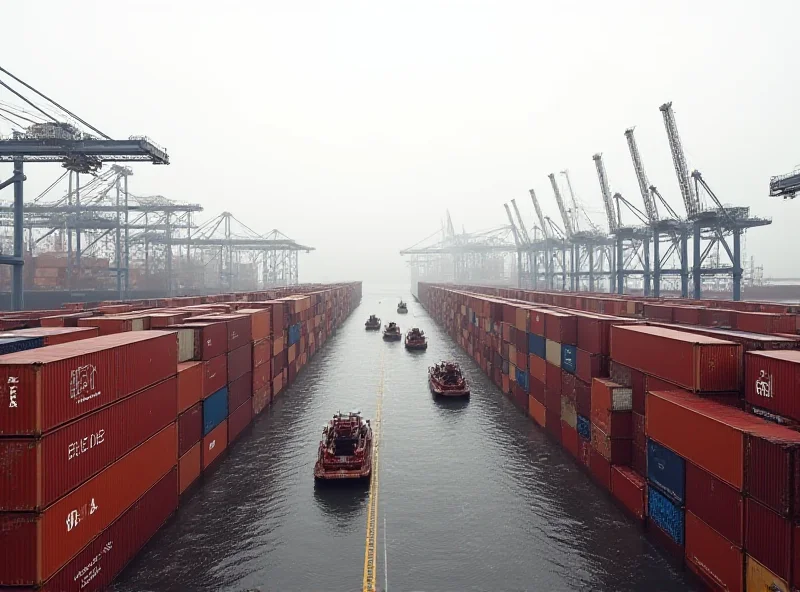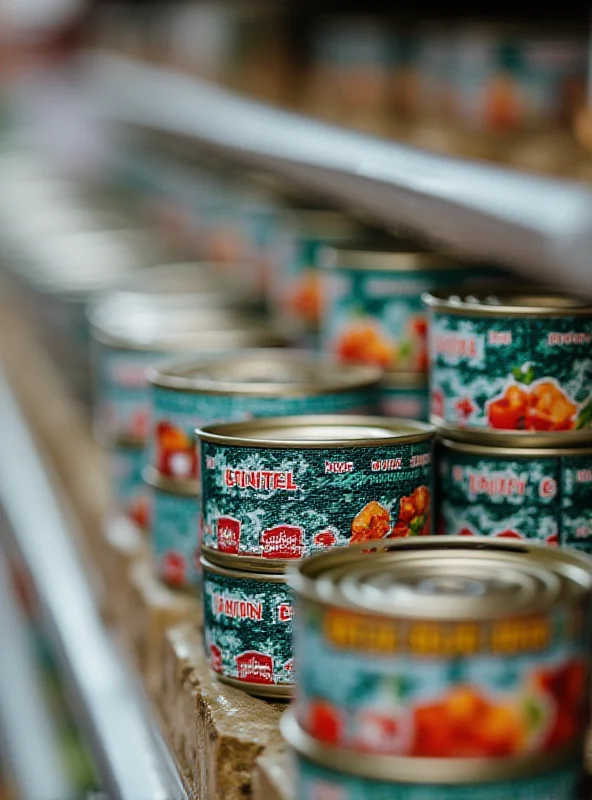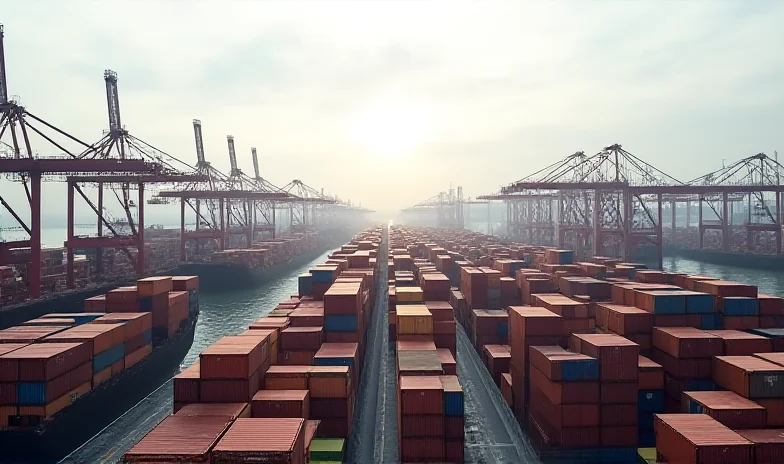The global trade landscape is facing a confluence of challenges, from escalating tariff disputes to ethical concerns over supply chains and even the aspirations of parents seeking to give their children an edge. Let's delve into some of the key issues making headlines.
The Tariff Tango: US-China Trade War Intensifies
The trade war between the US and China continues to escalate, with significant repercussions for businesses worldwide. Companies in manufacturing, retail, and food sectors are bracing for price pressures as tariffs imposed by the US on goods from China, Canada, and Mexico begin to bite. These duties are expected to trigger shocks throughout the supply chain, potentially leading to higher costs for consumers.

China has responded to the US's tariff hikes with strong condemnation. Beijing has expressed "strong dissatisfaction" and "firm opposition" to the US move to increase levies from 10% to 20%. In a formal challenge, China has filed a complaint with the World Trade Organization (WTO), signaling its determination to fight back against what it perceives as unfair trade practices.
"Beijing says it's 'strongly dissatisfied' and firmly opposes the US move to increase 10% levies to 20%."
Dark Side of the Supply Chain: North Korean Labor in Tuna Industry
A disturbing report has surfaced regarding the tuna industry, alleging the use of North Korean forced labor in the processing of tuna sold in major supermarkets. Tuna caught by Chinese vessels arriving in Spain is reportedly being processed by companies that then can the fish for private-label supermarket brands. The headline claim suggests that North Korean workers, described as "slaves," are involved in the fishing process. This raises serious ethical concerns about the labor conditions in the global seafood supply chain. The involvement of North Korean forced labor highlights a controversial aspect of the supply chain and may prompt closer scrutiny of sourcing practices by supermarket chains.

A Tall Order: North Korean Parents Seek Growth Supplements
In a different corner of North Korea's economy, wealthy parents are reportedly spending a "small fortune" on imported supplements intended to help their children grow taller. Despite the high cost and often limited information about the products, these parents trust these foreign-made supplements. Many buyers can't read the instructions and are unaware of what the supplements contain or if they actually work. This trend reflects a desire among some North Koreans to improve their children's prospects, even in the face of economic and information constraints.

These stories, while seemingly disparate, paint a picture of a complex and interconnected global trade system, facing challenges on multiple fronts. From economic policy to ethical labor practices and consumer aspirations, the world of trade is constantly evolving.
